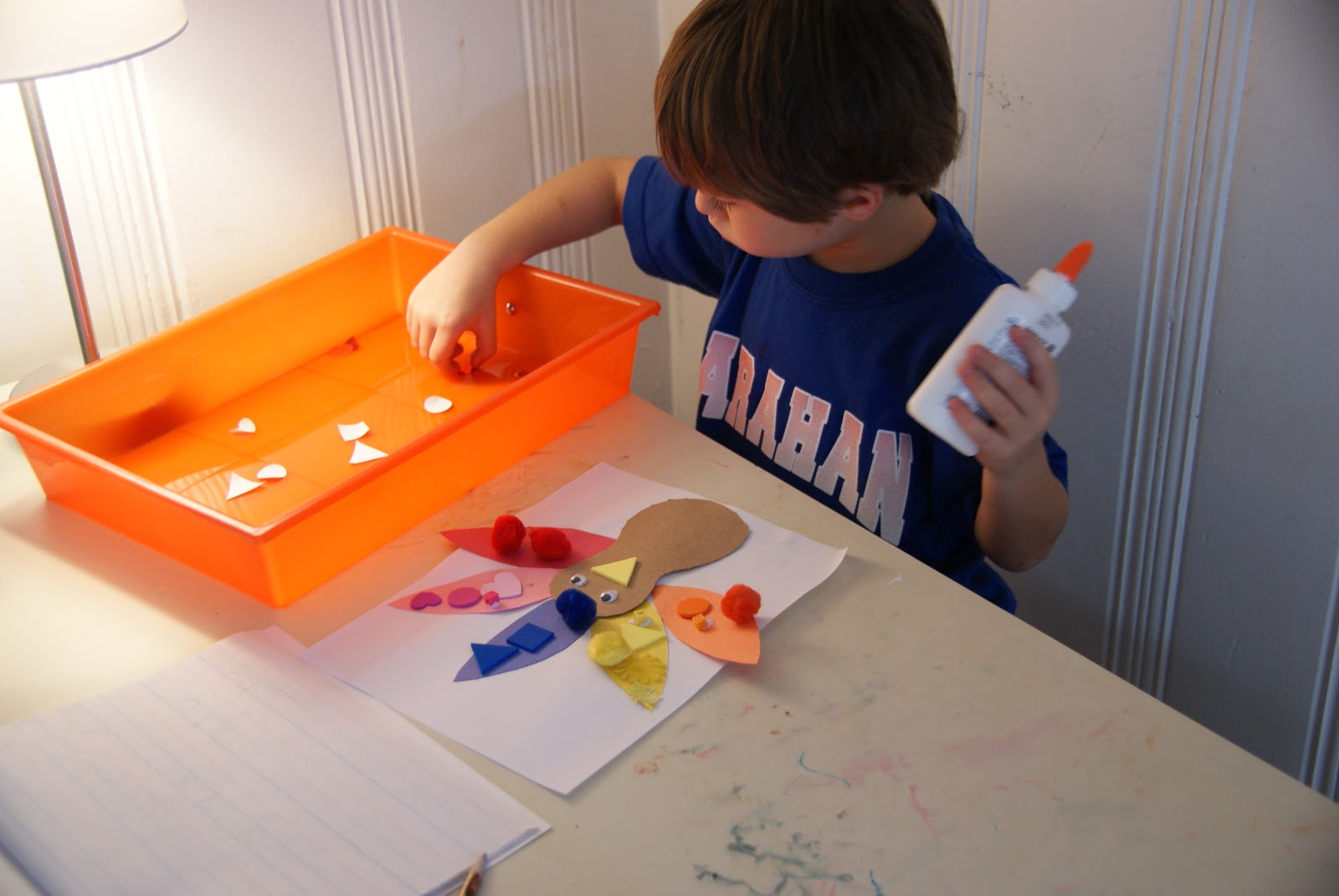Nurturing Tomorrow: A Comprehensive Guide to Parenting Success

Parenting is an extraordinary journey, filled with moments of joy, challenges, and an immense sense of responsibility. As architects of the future, parents shape the next generation through guidance, support, and love. This blog aims to delve into the intricacies of effective parenting, offering detailed tips and strategies to cultivate a positive and supportive environment for both parents and children.
1. Communication is Key:
- Open Dialogue: Establish an environment where your child feels comfortable expressing thoughts and feelings without judgment.
- Active Listening: Practice active listening to understand their perspective fully and validate their emotions.
- Encourage Expression: Foster open communication, encouraging your child to share their experiences and concerns.
2. Set Realistic Expectations:
- Developmental Awareness: Understand your child’s developmental stage and adjust expectations accordingly.
- Celebration of Achievements: Recognize and celebrate even small accomplishments to boost your child’s confidence.
- Positive Reinforcement: Use positive reinforcement to motivate and reinforce desired behaviors.
3. Lead by Example:
- Model Behavior: Demonstrate the values and behaviors you wish to instill in your child through your actions.
- Teachable Moments: Turn everyday situations into teachable moments, showcasing kindness, resilience, and respect.
- Promote Empathy: Emphasize the importance of empathy and responsibility through your interactions.
4. Establish Routines:
- Consistent Schedule: Create consistent daily routines for meals, bedtime, and homework to provide structure and security.
- Smooth Transitions: Predictable schedules ease transitions between activities and reduce stress for both parents and children.
- Self-Discipline: Routines help instill self-discipline in children, a valuable skill for their future.
5. Encourage Independence:
- Age-Appropriate Responsibilities: Assign age-appropriate responsibilities to foster independence.
- Decision-Making Opportunities: Provide opportunities for decision-making to help build confidence and problem-solving skills.
- Learn from Mistakes: Allow your child to learn from mistakes while offering guidance and support.
6. Quality Time Matters:
- Dedicated Moments: Carve out dedicated time for shared activities, creating meaningful connections.
- Shared Interests: Engage in activities both you and your child enjoy, whether it’s playing games, reading, or exploring nature.
- Building Memories: Quality time contributes to building lasting memories and strengthening emotional bonds.
7. Be Consistent with Discipline:
- Clear Expectations: Clearly communicate expectations and consequences to provide a framework for behavior.
- Consistent Enforcement: Consistently enforce rules and consequences to help children understand boundaries.
- Teaching Tool: Approach discipline as a teaching tool, focusing on learning and growth rather than punishment.
8. Prioritize Self-Care:
- Personal Well-Being: Prioritize your physical and mental well-being through self-care practices.
- Balanced Parenting: A healthy, balanced parent is better equipped to provide support and guidance.
- Modeling Self-Care: Demonstrate the importance of self-care, teaching your child the value of maintaining overall well-being.
Conclusion:
Parenting is an ongoing journey of discovery, with each child presenting unique joys and challenges. By incorporating these detailed tips and strategies into your parenting approach, you can create an environment that nurtures your child’s growth and development. Remember, the path to successful parenting is paved with love, patience, and a commitment to continuous learning and growth.












